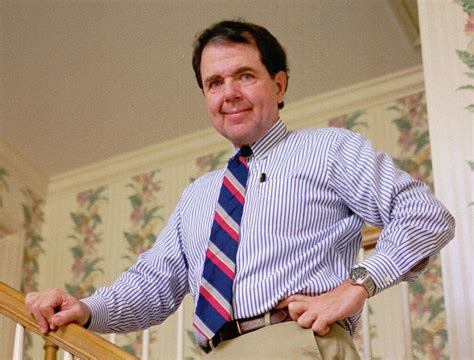A Quote by Thomas Pogge
The collective income of all these people - the bottom half - is less than three percent of global household income, and so there is a grotesque maldistribution of income and wealth.
Related Quotes
Over the period from 1988 to 2005, the income share of the top five percent has grown by about 3.5 percent of global household income, and the shares of all the other groups have diminished. The greatest relative reduction was in the bottom quarter, which lost about one third of its share of global household income, declining from 1.155 to 0.775 percent, and now is even more marginalized.
The bottom quarter of the human population has only three-quarters of one percent of global household income, about one thirty-second of the average income in the world, whereas the people in the top five percent have nine times the average income. So the ratio between the averages in the top five percent and the bottom quarter is somewhere around 300 to one - a huge inequality that also gives you a sense of how easily poverty could be avoided.
This is a very important issue that the corporate media chooses not to talk about a whole lot, that we have an economic system which is rigged, which means that at the same time as the middle class of this country is disappearing, almost all of the new income and wealth in America is going to the top 1 percent. You have the top one-tenth of 1 percent owning almost as much wealth as the bottom 90 percent - 58 percent of all new income is going to the top 1 percent.
The standard of 'affordable' housing is that which costs roughly 30 percent or less of a family's income. Because of rising housing costs and stagnant wages, slightly more than half of all poor renting families in the country spend more than 50 percent of their income on housing costs, and at least one in four spends more than 70 percent.
It makes no difference to a widow with her savings in a 5 percent passbook account whether she pays 100 percent income tax on her interest income during a period of zero inflation or pays no income tax during years of 5 percent inflation. Either way, she is 'taxed' in a manner that leaves her no real income whatsoever. Any money she spends comes right out of capital. She would find outrageous a 100 percent income tax but doesn't seem to notice that 5 percent inflation is the economic equivalent.
Given the relativity concept, poverty cannot be eliminated. Indeed, an economic upturn with a broad improvement in household income does not guarantee a decrease in the size of the poor population, especially when the income growth of households below the poverty line is less promising than the overall.



































